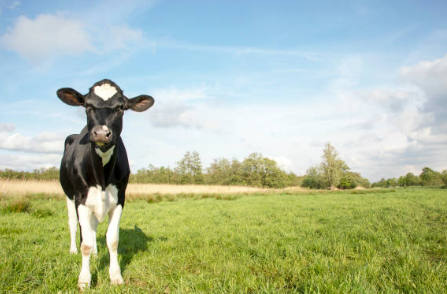
Baby:Tug3anmwsk0= Cows
Imagine a farmer who introduces a new calf to an established herd, observing how the social dynamics shift as the young animal finds its place among the others. You might find it intriguing how these baby cows not only develop unique personalities but also exhibit behaviors that influence their environment and overall herd welfare. As you explore their social interactions and the advancements in care that support their growth, you’ll uncover surprising insights about their role in maintaining ecosystem balance and the implications for agricultural practices.
Social Behavior of Cows
Cows aren’t just solitary grazers; they thrive in social groups, forming strong bonds with each other that influence their behavior and well-being.
Understanding herd dynamics is crucial, as these connections affect everything from grazing patterns to stress levels.
Their vocal communication plays a vital role, allowing them to express needs and reinforce relationships, fostering a supportive environment that enhances their overall freedom and welfare.
Unique Personalities and Traits
The strong bonds formed within a herd reveal that individual cows possess unique personalities and traits, each contributing to the dynamics of their social structure.
You’ll notice individual quirks, like a playful spirit or a more reserved nature.
Their emotional intelligence allows them to communicate effectively, fostering connections that enhance their well-being.
Recognizing these differences invites a deeper appreciation for their complex social lives.
Health and Welfare Advances
Recent advances in health and welfare practices have significantly improved the lives of baby cows, ensuring they thrive in nurturing environments.
You’ll find that meeting their nutritional requirements is now prioritized, leading to healthier growth.
Enhanced veterinary care also plays a crucial role, providing timely interventions and vaccinations.
Together, these improvements empower both farmers and animals, fostering a sustainable and compassionate approach to raising baby cows.
Environmental Interactions and Impact
Understanding how baby cows interact with their environment reveals crucial insights into their development and overall well-being.
Their grazing patterns play a vital role in maintaining ecosystem balance, as they promote plant growth and nutrient cycling.
Read more: Baby4ejkik28m7u_Chickens
Conclusion
In understanding baby cows, or calves, you see the importance of nurturing their social behaviors and unique personalities.
As the saying goes, ‘It takes a village to raise a child,’ and this holds true for calves in a herd.
By fostering their well-being through advances in care and nutrition, you not only enhance their individual lives but also support the ecosystem they inhabit.
Recognizing their role in the environment ensures a balanced future for all.




